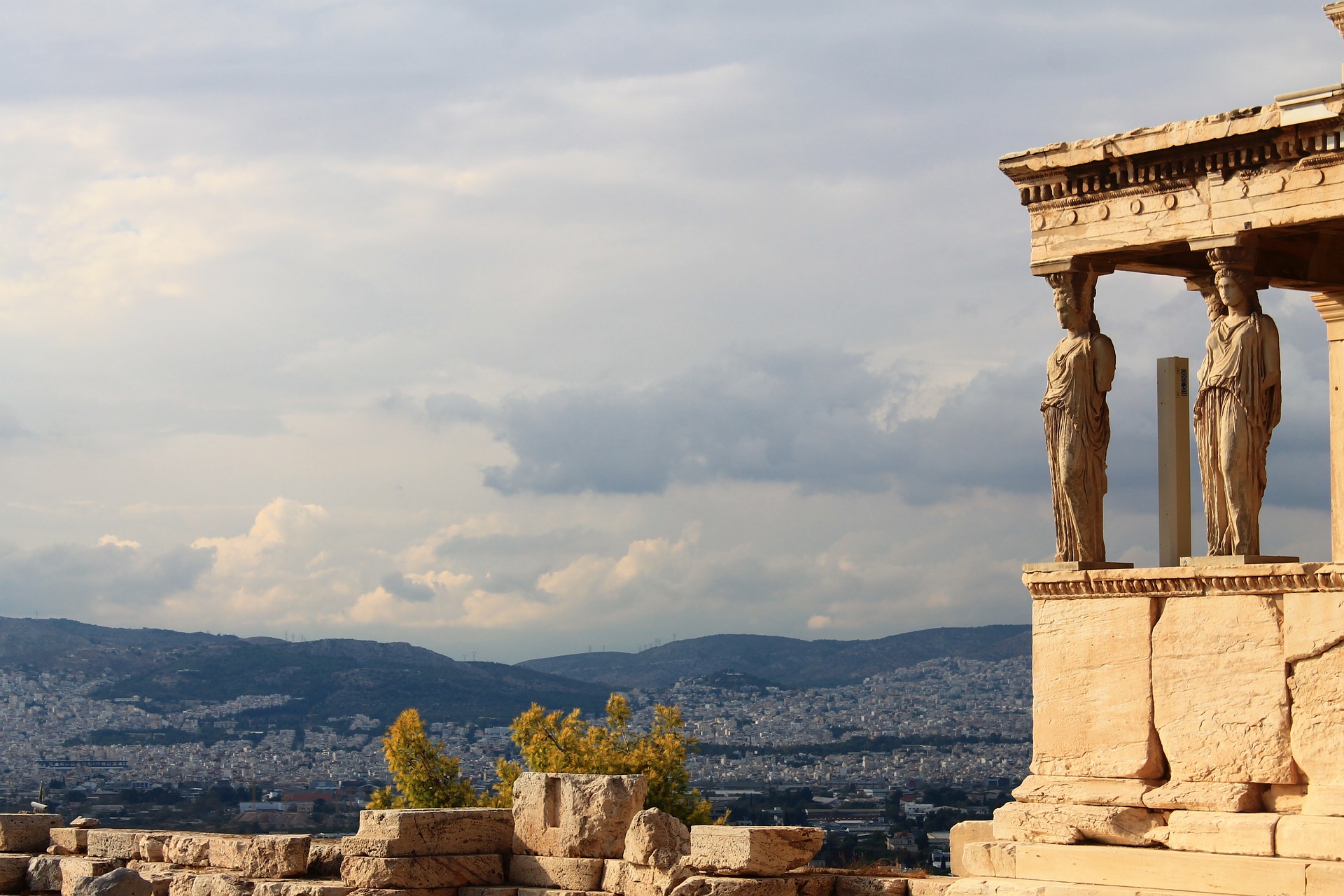I think it is important to reason about the concept of democracy nowadays, in a period in which all countries should be more open and with more rights for its members than in the past. In this article, I will try to explain why Athens should be considered a democracy.
The term democracy comes from the Greek language, and it is composed of the words “demos”, which refers to the entire citizen body and “kràtos” that refers to the concept of power; so it means “rule by the people”. The concept of democracy is usually associated with the notion of freedom, which is also seen as the essential aim of democracy. Aristotle, in his book called “Politics”, states: “The underlying idea of the democratic type of constitution is liberty. This, it is commonly said, can only be enjoyed in a democracy; and this, it is also said, is the aim of every democracy”.
We have to consider that the concept of freedom changes with the passing of time. During the age of the Athenian democracy, it was linked more with the political sphere than with the private life of the individual citizen. Therefore, I think the ancient democracies of classical antiquity, like Athens, represent precursors of modern democracies, whose theories were not formulated until the 17th / 18th centuries after the French and the American revolutions. The concept of democracy is clearly different now than during the classical era, because it is related to the political and historical context, so we should not be critical about the different meaning that Athenians gave to the term democracy.
To understand Athenian politics we should also have a brief view of its history. The birth of the Athenian democracy was set in a very troublesome period. In fact, during the 5th/4th century B.C, there were high levels of conflict between the city-states of Greece, approximately 15% of the Greek cities of the time did not survive the conflict. In this dangerous environment, Athens was able to survive, and remains, after it defeated Sparta in 432 B.C, the strongest and wealthiest city-state till the arrival of Alexander the great. The secret of the Athenian power was it is Navy. Since no costly weapons and horses were needed for it, most of the rowers and the sailors came from the Athens’ common citizens. So, with the increase of Athenian dependence for its navy, this portion of the Athenian population started earning power. Athenian leaders understood this and tried to catch their consent; one of the reasons leading to the democratization of Athens.
Political engagement was limited to a certain section of society, after all, only male citizens who were older than 18 years of age could participate in the political process, this was nonetheless a remarkable step forward for that era. Indeed, the concept of “citizenship” was revolutionary; it meant the direct and truly participation in the affairs of the state. The public and the private spheres of the Athenians’ life were extremely linked; this city-state promoted the concept of being active and truly involved in the politics, in a process of self-government, establishing its law with the participation of the majority of the people.
The heart of the Athenian direct democracy was the assembly, called “Ekklesia”, which used to meet about forty times a year and in which all male citizen above 18 years had the right to attend and vote.
The votes there were usually taken by raising hands and assembly participants were paid a small amount of money from public funds to compensate their commitment in political service away from their workplaces. This was a true symbol of democracy because also poor people could take part at the Ekklesia without a financial loss given the time dedicated to the assembly as opposed to, dedicated to work.
In the assembly, the decisions were taken by the votes of the majority of the present, and there were two very democratic rules. One was called “isegoria”, which meant there was a universal right to talk in the assembly, and the other one was called “isonomia”, which meant “equality before the law”, so no distinctions between citizens in front of the law.
The preparation of an agenda for the assembly was the main duty of Council consisted of 500 members selected annually by lot, 50 from each of the ten Athenian tribes.
Another essential part of Athenian politics was the court of law, located symbolically right at the centre of the city. It was composed of 6000 jurors and a body of chief magistrates, selected every year from common citizens. It was here in the court that the decisions made by the assembly could be challenged, and you could be harshly punished if you had made an illegal proposal or provided ‘improper’ advice out of bad faith.
With the complex process of choosing random people to take part in the political system, it was possible to prevent any individual or small group from dominating or over influencing the decision-making procedure. Anyway to avoid any dangers for democracy itself, there were two institutional instruments called “ostracism” and “graphè paranom.” The first let to exile a citizen that had too much influence and power in his hands for a certain time without loss of his civil rights, however. The second was a public action in which one could blame a citizen for having made an illegal proposal; the equivalent of today’s parliamentary immunity was therefore not a practice in place. This was to protect the freedom of the assembly and the freedom of individual citizens.
In conclusion, I can state that Athens should be considered a proper democracy, albeit, fit for the context of an era gone by and as such quite different from a modern democracy. Athens was a unique and revolutionary city for its time, in essence, a successful experiment of democracy as a political system. It allowed ‘common people’ a voice within the political spectrum for the first time in history. This analysis of the Athenian model helped us to measure the distance between the policy present during the Athenian era and the modern way of governing. Indeed, the simplicity of the ‘Ekklesia’ organization clearly contrasts with the complexity and sometimes the stagnation of the current policy. Even if in our century as in the past, the most influential people and the ones who has the real power in their hands was a small group of people, in the Athenian democracy this élite had to listen also common people ideas and proposals to take them into account. So what we should learn, looking through the spirit of an Athenian citizen, is to get more involved in politics of our democracies and concern more about what the lobbies, which sit in the government, decide for us.







